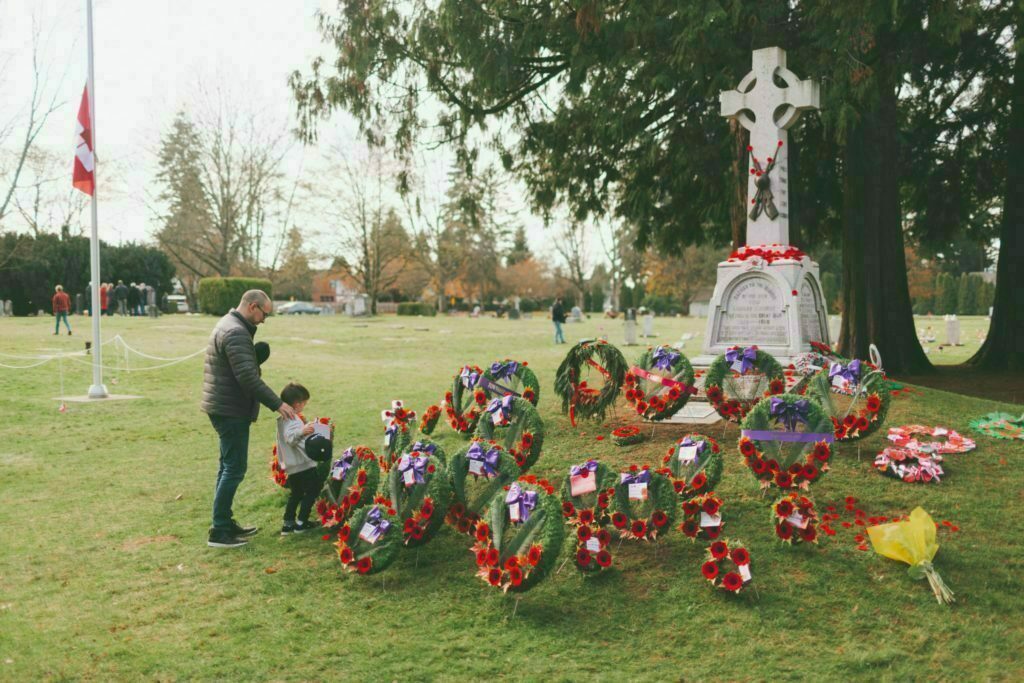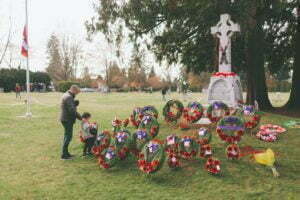When a loved one dies, knowing how to honor their memory can be challenging. Planning a meaningful memorial service can be a way to say goodbye while celebrating a life well-lived. Keep reading for tips on planning a memorial service that will be meaningful for everyone involved.
Consider Different Burial Options

When a loved one dies, the surviving family members must come to terms with the death and make decisions about the funeral. One of the decisions that must be made is whether to have a traditional burial or cremation. Cremation services have become an increasingly popular choice in recent years. Among those who choose cremation, many want their loved one’s ashes scattered in a special place or buried in an urn. There are other options for those who do not want their loved one’s ashes scattered or buried. Some families keep the ashes in an urn at home, while others prefer to have them placed in a cemetery. Some companies will turn ashes into jewelry, glass art pieces, or even vinyl records. For traditional burial, consider the details in advance. Things like caskets, flowers, and which personal belongings you’d like to place in the casket are all factors to keep in mind.
Write a Eulogy
One of the most important aspects of creating a memorial service is writing a eulogy or any personal note. A eulogy is a speech or written statement that pays tribute to the deceased’s life. It can be delivered by someone close to the deceased or by an officiant, so you have options if you’re nervous about speaking in front of a crowd. Plan a reading or two that will be meaningful to those in attendance. You may want to include passages from religious texts or poems that have personal significance for you or the person who has died. There are some key things to keep in mind when writing a eulogy:
- Start by introducing yourself and stating your relationship with the deceased.
- Talk about the person’s life, highlighting their accomplishments and shared memories.
- Avoid mentioning negative aspects of the person’s life or speaking ill of them after death.
- End on a positive note, remembering the good times you had with the person and thanking them for their influence in your life.
Make the Memorial Memorable

The memorial service is an integral part of the grieving process for friends and family of the deceased. It can be a time to remember and celebrate the life of the person who has died, so be sure to invite friends and family to share memories in a thoughtful and heartwarming way. Many options make memorials more memorable, such as written tributes, photo displays, or video montages. Try to choose music that will reflect the personality of the person who passed on. If possible, ask someone close to them to select the music. Don’t hesitate to pick light-hearted music to reflect the deceased’s personality. Also, be sure to choose an appropriate location for the service—this could be outdoors in a park, church, or garden.
Plan For After the Memorial Service
After the memorial service, many people feel overwhelmed and uncertain of what to do next—having a plan for what comes after the service is essential. If you are the estate executor, you will need to begin dealing with the deceased person’s belongings and finances. You may need to hire a lawyer or accountant to help you with this. If any final arrangements need to be made, such as cremation or burial, you will need to take care of those as well. You may also want to set up a time for friends and family members to gather and share a loved one’s memories, which can be a healing process for everyone involved.
Memorials can be tough to endure, but it’s an important event to have. By planning a meaningful memorial service, you can ensure that your loved one’s memory will be honored respectfully.























